November 15 , 2025
01:30 PM - 02:30 PM
Aditya Birla Auditorium | On-Site
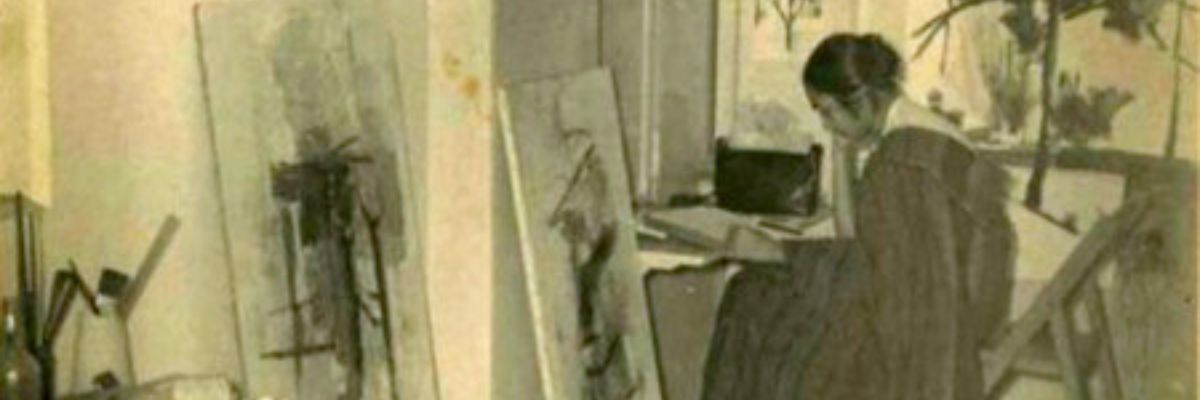
This panel will explore how artists and cultural practitioners today can reimagine spaces for shared production and collaboration, reflecting on the legacy of the Bhulabhai Desai Memorial Institute (BDMI). Once a hub for Bombay’s modern art movement, BDMI fostered dialogue among painters, dancers, musicians, and theatre-makers, nurturing an ecosystem of trust, permeability, and creative generosity. The discussion will consider what a 21st-century Bhulabhai might look like amid rising costs, digital dissemination, and institutional gatekeeping, and how radical experimentation across disciplines and generations can be enabled and sustained as a model for the future.
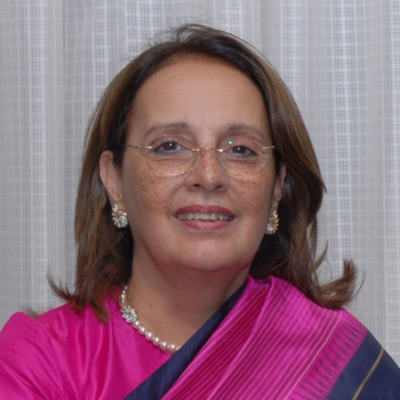
Dr. Pheroza J. Godrej is an art historian with a PhD in Ancient Indian Culture and founder of the Cymroza Art Gallery. She has authored several publications and curated acclaimed exhibitions for major national and international museums. She serves as Chairperson of the Museum Society of Mumbai, Trustee of the Dr. Bhau Daji Lad Museum and Impact India Foundation, and Director of the Asia Society India Centre. A fellow of the Royal Society of Arts (UK), she also supports the Cornelia Sorabji Programme and Scholarship at Oxford’s Somerville College. Dr. Godrej chairs the Godrej Archives Council and advises the Godrej Mangroves Cell.
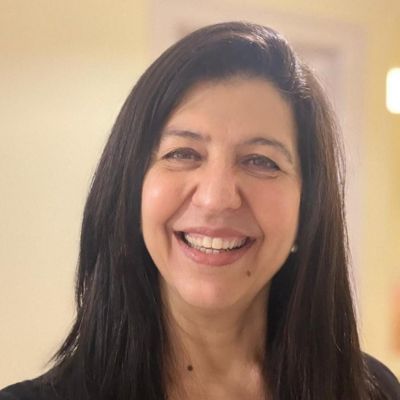
Anahita Uberoi is an actor, director, and producer who has worked across New York, Mumbai, and Germany for over three decades. Trained at the Herbert Berghof Studio in New York, she has assisted on numerous Broadway and international productions, including working with her mother, Padmashree Vijaya Mehta, on Naga Mandala in Germany. Anahita has performed in and directed over thirty acclaimed plays and conducted theatre workshops across India. She also served as Creative Consultant at BookMyShow and as Creative Learning Director for Connections India, a youth theatre festival with the UK’s National Theatre.
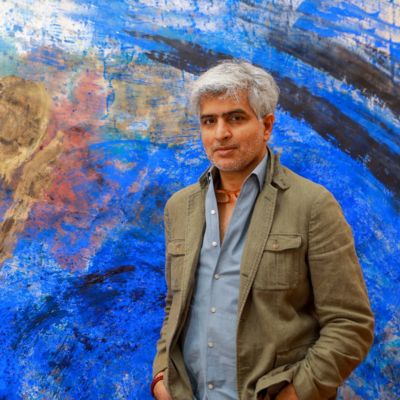
Owais Husain’s work explores identity, memory, and evolving urban mythology, reinterpreting traditional Indian aesthetics through contemporary forms. His series To Speak is to Disappear (2009) features ink drawings of figures struggling to connect, while Sympathy vs. Empathy (2014) depicts a masked boy and a hidden tiger in a reflection on identity. In multimedia installations like Heart of Silence (2015) and My Body, A Fleet of Ships (2014), Husain combines film, sculpture, poetry, and painting to create layered, poetic meditations on selfhood and transformation.
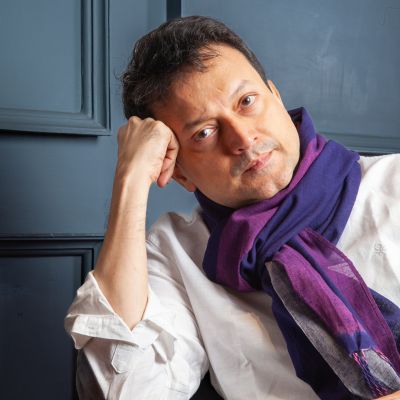
Ranjit Hoskote is a poet, cultural theorist, and independent curator. His poetry collections include Central Time (2014), Jonahwhale (2018), Hunchprose (2021), and Icelight (2023). He curated India’s first national pavilion at the Venice Biennale (2011) and co-curated the 7th Gwangju Biennale. A fellow of several international programs, he has also served on the Venice Biennale Jury (2015). Hoskote sits on advisory boards including the Public Arts Trust of India and the Murty Classical Library of India and was an inaugural Georgetown Global Dialogues Fellow (2024).
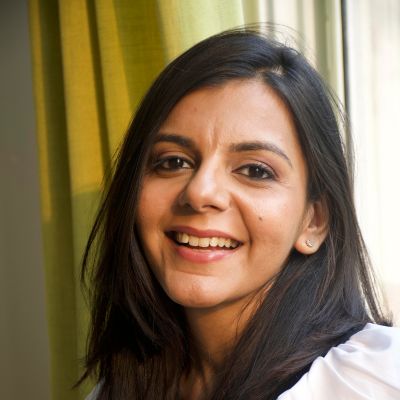
Reema Desai Gehi is the Editor of ART India. She has previously written for the Mumbai Mirror, The Times of India, Hindustan Times and India Today. An alumna of Cardiff University (UK), Reema completed her Master’s with a special focus on arts journalism. In 2024, she authored her debut book, The Catalyst: Rudolf von Leyden and India's Artistic Awakening, which was published in English by Speaking Tiger. The book was translated into German and published by Draupadi Verlag.